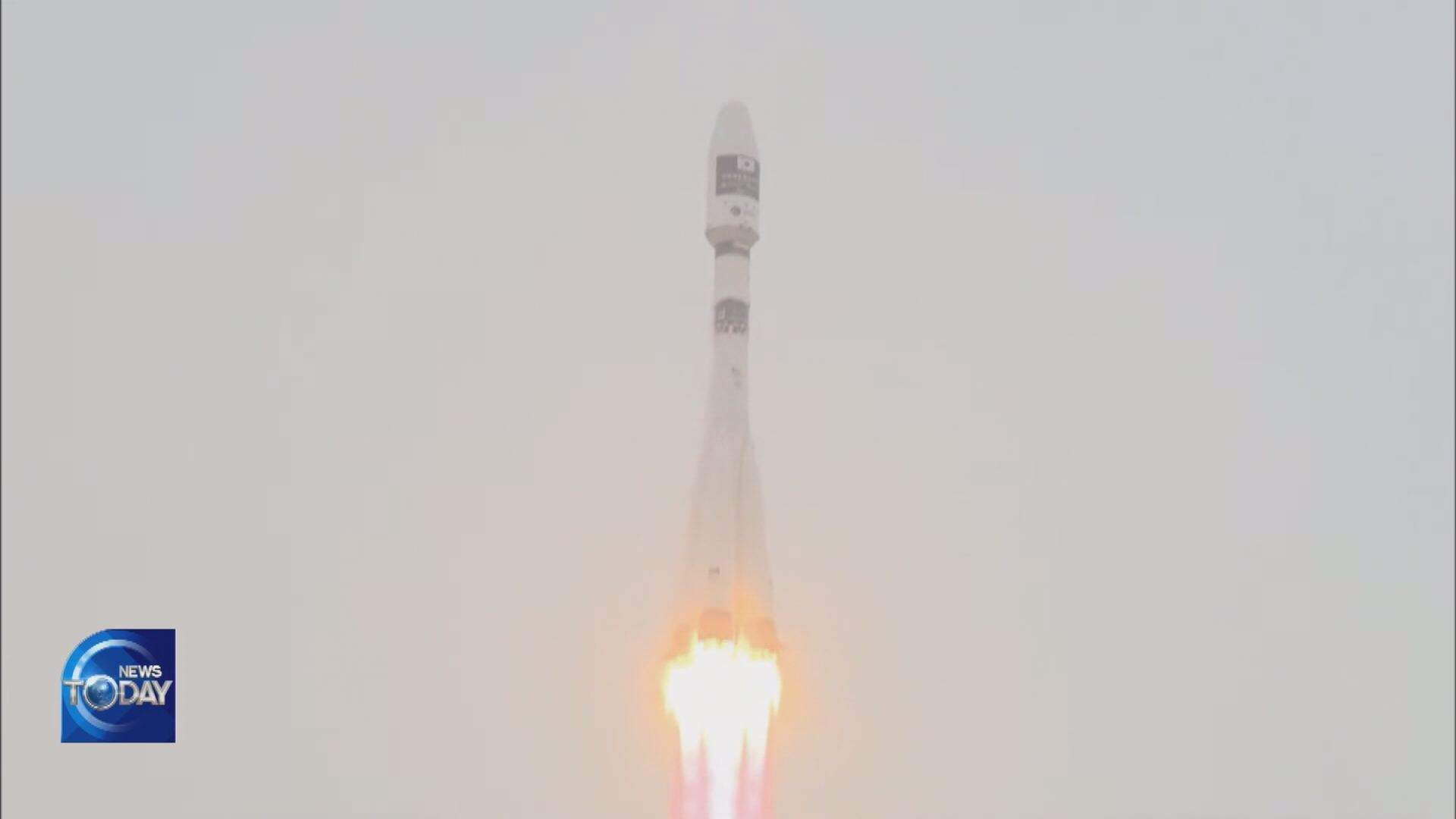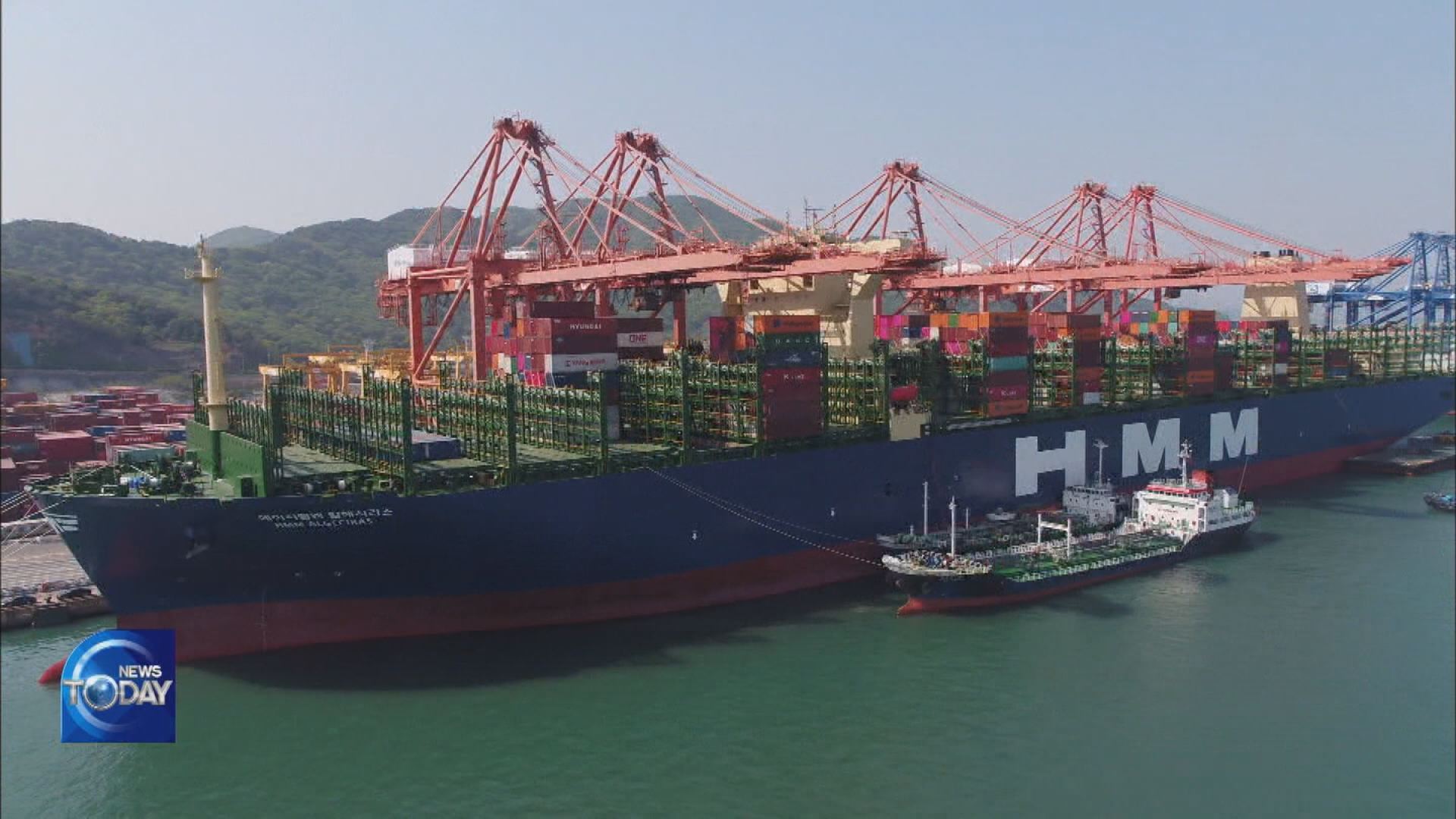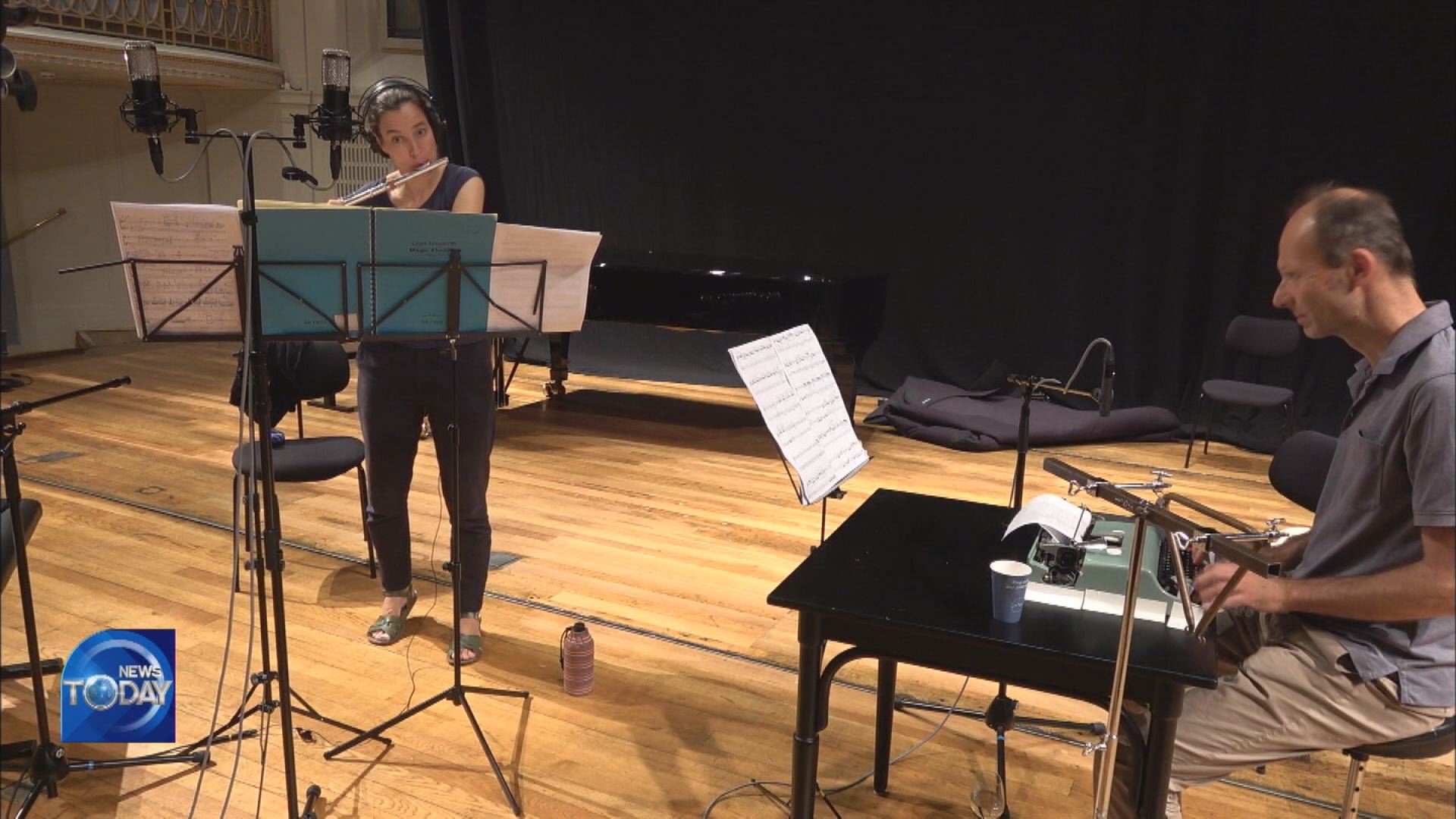SUCCESSFUL LAUNCH OF MID-SIZED SATELLITE
입력 2021.03.23 (15:08)
수정 2021.03.23 (16:45)
읽어주기 기능은 크롬기반의
브라우저에서만 사용하실 수 있습니다.
[Anchor Lead]
South Korea's next-generation mid-sized satellite successfully launched Monday, two days later than originally scheduled. The satellite made a successful contact with a ground control center in South Korea last night, beginning preparations to carry out its mission.
[Pkg]
From the Baikonur Cosmodrome in Kazakhstan Russia's Soyuz 2.1a rocket blasted offand soared into the sky, gushing out a flare of flames. It was loaded with South Korea's home-grown next-generation satellite. The mid-sized satellite got separated from the rocket 64 minutes after its launch. Some 38 minutes later, it made successful contact with a base station in Norway. It then made a contact with the Korea Aerospace Research Institute's ground control center at 11:24 p.m. Monday while flying over the Korean Peninsula at an altitude of 497.8 kilometers for the first time.
[Soundbite] Chung Dae-won(Korea Aerospace Research Institute) : "The next-generation mid-sized satellite is a result of a six-year-project that began in 2015. It is a high-precision observation satellite."
With the satellite's successful launch, South Korea's space industry is predicted to gain more momentum and vitality, as the private sector will take the lead in developing satellites.
[Soundbite] Park Eung-sik(Korea Aerospace Research Institute) : "We are now developing more next-generation mid-sized satellites. We will be able to meet the domestic demand and even export satellites overseas in the long term."
The satellite will first undergo a six-month initial operation and begin providing its collection of data after October.
South Korea's next-generation mid-sized satellite successfully launched Monday, two days later than originally scheduled. The satellite made a successful contact with a ground control center in South Korea last night, beginning preparations to carry out its mission.
[Pkg]
From the Baikonur Cosmodrome in Kazakhstan Russia's Soyuz 2.1a rocket blasted offand soared into the sky, gushing out a flare of flames. It was loaded with South Korea's home-grown next-generation satellite. The mid-sized satellite got separated from the rocket 64 minutes after its launch. Some 38 minutes later, it made successful contact with a base station in Norway. It then made a contact with the Korea Aerospace Research Institute's ground control center at 11:24 p.m. Monday while flying over the Korean Peninsula at an altitude of 497.8 kilometers for the first time.
[Soundbite] Chung Dae-won(Korea Aerospace Research Institute) : "The next-generation mid-sized satellite is a result of a six-year-project that began in 2015. It is a high-precision observation satellite."
With the satellite's successful launch, South Korea's space industry is predicted to gain more momentum and vitality, as the private sector will take the lead in developing satellites.
[Soundbite] Park Eung-sik(Korea Aerospace Research Institute) : "We are now developing more next-generation mid-sized satellites. We will be able to meet the domestic demand and even export satellites overseas in the long term."
The satellite will first undergo a six-month initial operation and begin providing its collection of data after October.
■ 제보하기
▷ 카카오톡 : 'KBS제보' 검색, 채널 추가
▷ 전화 : 02-781-1234, 4444
▷ 이메일 : kbs1234@kbs.co.kr
▷ 유튜브, 네이버, 카카오에서도 KBS뉴스를 구독해주세요!
- SUCCESSFUL LAUNCH OF MID-SIZED SATELLITE
-
- 입력 2021-03-23 15:08:58
- 수정2021-03-23 16:45:10

[Anchor Lead]
South Korea's next-generation mid-sized satellite successfully launched Monday, two days later than originally scheduled. The satellite made a successful contact with a ground control center in South Korea last night, beginning preparations to carry out its mission.
[Pkg]
From the Baikonur Cosmodrome in Kazakhstan Russia's Soyuz 2.1a rocket blasted offand soared into the sky, gushing out a flare of flames. It was loaded with South Korea's home-grown next-generation satellite. The mid-sized satellite got separated from the rocket 64 minutes after its launch. Some 38 minutes later, it made successful contact with a base station in Norway. It then made a contact with the Korea Aerospace Research Institute's ground control center at 11:24 p.m. Monday while flying over the Korean Peninsula at an altitude of 497.8 kilometers for the first time.
[Soundbite] Chung Dae-won(Korea Aerospace Research Institute) : "The next-generation mid-sized satellite is a result of a six-year-project that began in 2015. It is a high-precision observation satellite."
With the satellite's successful launch, South Korea's space industry is predicted to gain more momentum and vitality, as the private sector will take the lead in developing satellites.
[Soundbite] Park Eung-sik(Korea Aerospace Research Institute) : "We are now developing more next-generation mid-sized satellites. We will be able to meet the domestic demand and even export satellites overseas in the long term."
The satellite will first undergo a six-month initial operation and begin providing its collection of data after October.
South Korea's next-generation mid-sized satellite successfully launched Monday, two days later than originally scheduled. The satellite made a successful contact with a ground control center in South Korea last night, beginning preparations to carry out its mission.
[Pkg]
From the Baikonur Cosmodrome in Kazakhstan Russia's Soyuz 2.1a rocket blasted offand soared into the sky, gushing out a flare of flames. It was loaded with South Korea's home-grown next-generation satellite. The mid-sized satellite got separated from the rocket 64 minutes after its launch. Some 38 minutes later, it made successful contact with a base station in Norway. It then made a contact with the Korea Aerospace Research Institute's ground control center at 11:24 p.m. Monday while flying over the Korean Peninsula at an altitude of 497.8 kilometers for the first time.
[Soundbite] Chung Dae-won(Korea Aerospace Research Institute) : "The next-generation mid-sized satellite is a result of a six-year-project that began in 2015. It is a high-precision observation satellite."
With the satellite's successful launch, South Korea's space industry is predicted to gain more momentum and vitality, as the private sector will take the lead in developing satellites.
[Soundbite] Park Eung-sik(Korea Aerospace Research Institute) : "We are now developing more next-generation mid-sized satellites. We will be able to meet the domestic demand and even export satellites overseas in the long term."
The satellite will first undergo a six-month initial operation and begin providing its collection of data after October.
이 기사가 좋으셨다면
-
좋아요
0
-
응원해요
0
-
후속 원해요
0













![[단독] 위성락 실장 “전작권 협상 카드 아냐”…차관 인선 발표](/data/layer/904/2025/07/20250713_krfuHu.jpg)



이 기사에 대한 의견을 남겨주세요.